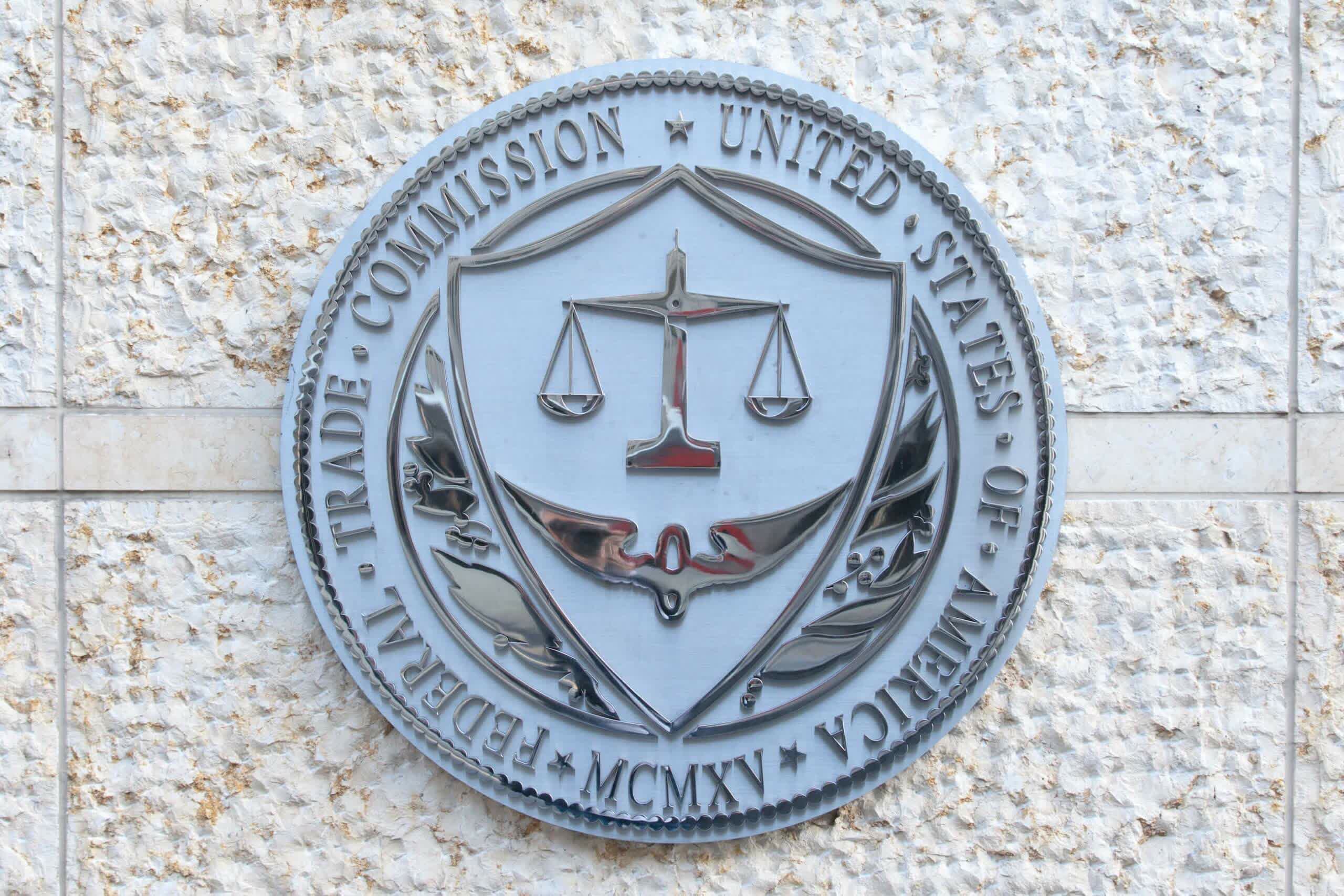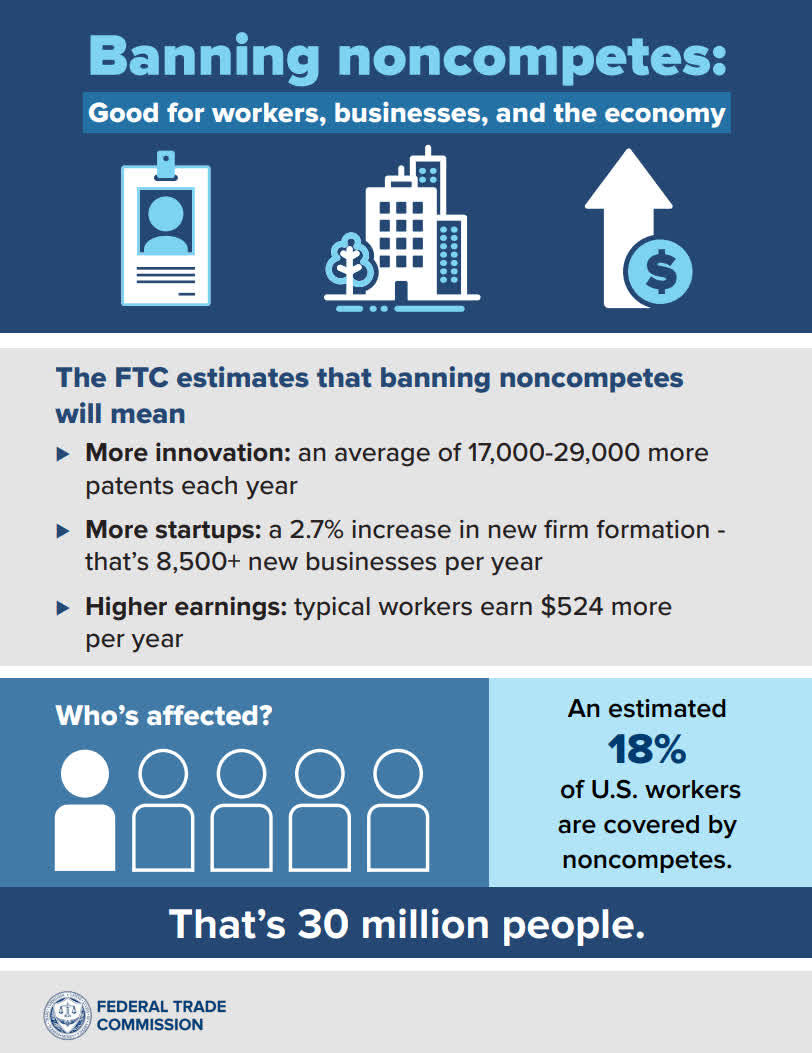The big picture: Many companies, including those in the tech sector, often use noncompete agreements to prevent employee poaching. However, the US Federal Trade Commission now deems this practice unfair, asserting that companies have alternative methods to safeguard their intellectual property. The commission anticipates that banning nearly all noncompete agreements will enhance working conditions and foster innovation.

The FTC has decided to ban all new noncompete agreements and most existing ones in the US after receiving thousands of comments overwhelmingly in favor of the measure. The new regulation will take effect 120 days after its publication in the federal registry, but the commission has not yet indicated when it will update the registry. The change is expected to take effect later this year.
Only existing noncompete agreements with senior executives can remain valid. This exception applies to those earning over $151,164 annually or holding "policy-making positions," which account for approximately 0.75 percent of employees.
Employers must inform all other workers that any previously signed noncompete agreements are no longer enforceable, and they cannot compel senior or non-senior employees to enter into new contracts. Employees can report suspected abuses by emailing the commission at noncompete@ftc.gov.
When the FTC proposed the rule in January 2023, it initiated a 90-day public comment period during which it received over 26,000 comments. Of those, over 25,000 supported a ban on noncompete agreements, which prevent employees from joining competitors for a certain period after leaving their companies. The commission estimates that around 18 percent of Americans, or about 30 million people, are subject to noncompete agreements.
In a press release, the FTC attributed the practice to lower wages, reduced innovation, and the forced displacement of workers from their preferred industries, or keeping them in undesirable situations. The commission cited cases where workers felt compelled to relocate, accept lower-paying jobs, or mount expensive legal defenses.

Although companies ostensibly use noncompete agreements to protect intellectual property and other critical knowledge, policymakers have determined that the practice is not the only effective method. Nondisclosure agreements and trade secret laws should suffice without restricting where individuals can work, and companies can incentivize workers to stay by increasing salaries.
The FTC anticipates that banning noncompetes could have a positive impact on competition, innovation, wages, and healthcare costs. It projects that thousands more patents and startups could emerge each year, workers could earn over $500 more annually, and healthcare expenses could fall by $74-194 billion over the ensuing decade.
